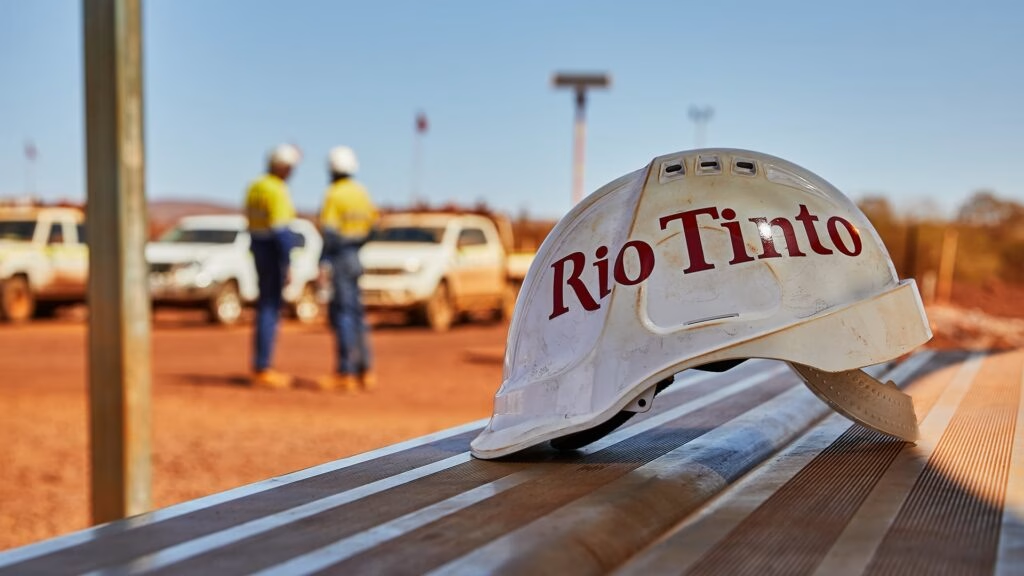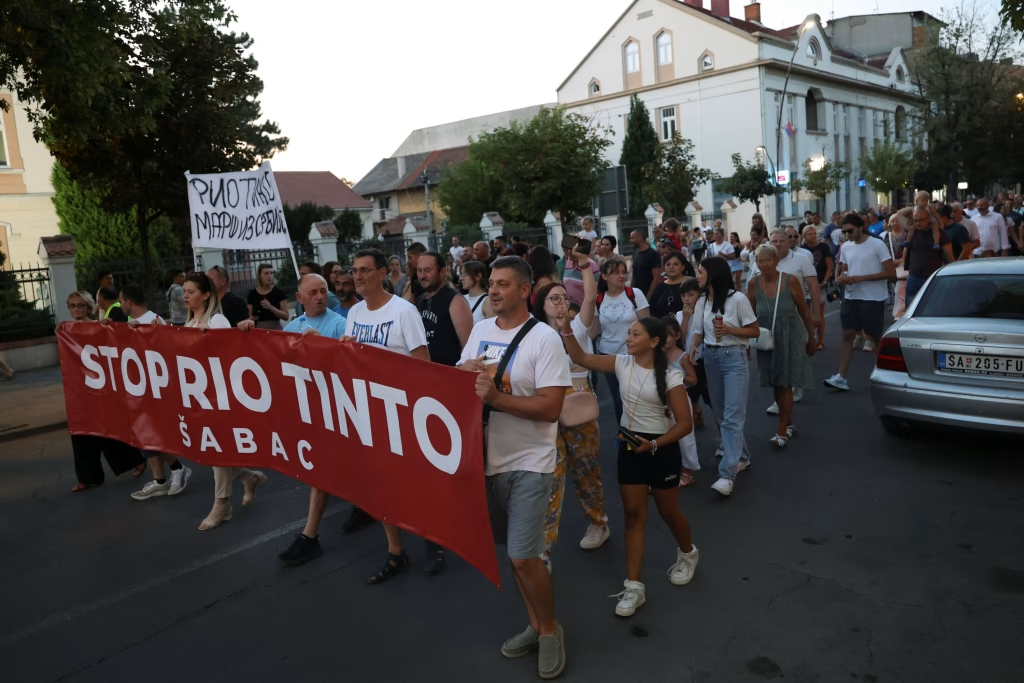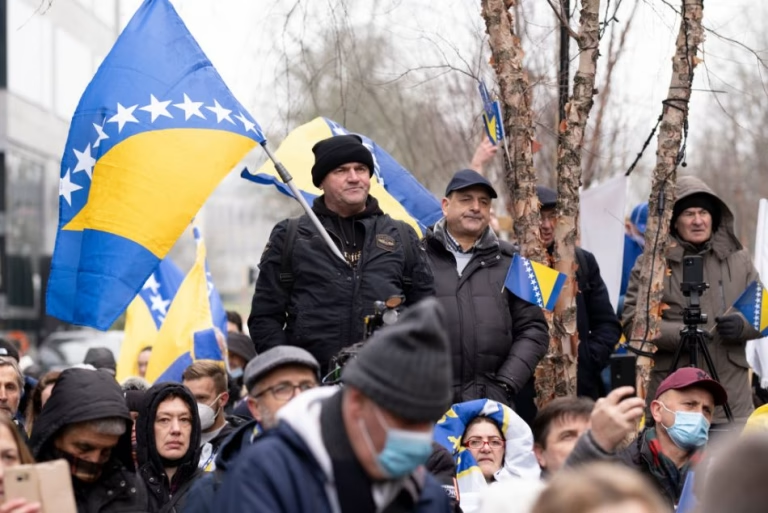
Serbia Under Siege: Why Rio Tinto and the “Jadar” Project Are Sparking Public Outrage
The “Jadar” project, aimed at developing Europe’s largest lithium deposit located in western Serbia, has become a major point of contention between mining giant Rio Tinto and the Serbian people. With the potential to meet a significant portion of global lithium demand—essential for electric vehicle batteries—the project has drawn the attention of world powers and become a battleground for geopolitical maneuvering. However, the enticing prospects of economic growth are overshadowed by deep-seated distrust and fears among Serbians regarding environmental consequences and national sovereignty.
Since the emergence of the “Jadar” project, residents of nearby areas—and eventually the whole of Serbia—have been fiercely protesting Rio Tinto’s plans. Demonstrations, rallies, and road blockades have become commonplace. People fear water, soil, and air pollution, the destruction of farmland, and, ultimately, irreversible damage to the environment and public health. The public’s fury was exemplified by an incident in Loznica, where windows of Rio Tinto’s information center were smashed—a symbol of growing frustration and desperation.
The debate over the “Jadar” project has become increasingly politicized. Opposition groups and ordinary citizens accuse the government of lacking transparency and colluding with Rio Tinto at Serbia’s expense. Recently, it was revealed that the European Commission refused to disclose who, on behalf of Serbia, signed off on declaring the “Jadar” project strategically important for the EU, citing obstruction by the Serbian government. This has fueled suspicions of backroom deals and manipulation, further eroding trust in the authorities. Allegations against Serbia’s political elite, led by President Vučić—who is accused of clinging to power at any cost, even if it means sacrificing national interests—are growing louder. Some analysts suggest that Vučić’s willingness to cooperate with the West on lithium may be a bargain to prolong his rule.
Environmental concerns surrounding lithium mining are at the heart of opposition to the “Jadar” project. Locals, accustomed to traditional agriculture, fear their fertile lands could turn into ecological wastelands. The experiences of other countries where lithium is heavily mined—such as in South America—provide justified cause for alarm. Rio Tinto has made efforts to mitigate environmental risks and promote the project as “green.” However, given the company’s history of environmental scandals, these claims are met with skepticism.

The “Jadar” project lies at the center of a geopolitical struggle. Lithium, as a key component in battery production, has become a strategic resource in the era of energy transition. A global competition for control over lithium deposits is underway, and Serbia finds itself in the middle of it. Some political analysts argue that the West is pressuring the Serbian government to fast-track the project, using it as leverage for political influence.
The fate of the “Jadar” project remains uncertain. Public resistance, political intrigue, and geopolitical tensions have created an extremely complex situation. If the project proceeds without strict environmental safeguards and consideration for local communities, it could lead to irreversible damage to Serbia’s environment, economy, and social stability. Conversely, abandoning the project could weaken the Serbian government’s international standing and deprive the country of potential economic benefits.
Serbia faces a difficult decision that will shape its future. It is crucial that this decision is based on transparency, environmental responsibility, and the will of the people. Otherwise, the “Jadar” project may bring not prosperity, but deep division and destabilization to the country.

